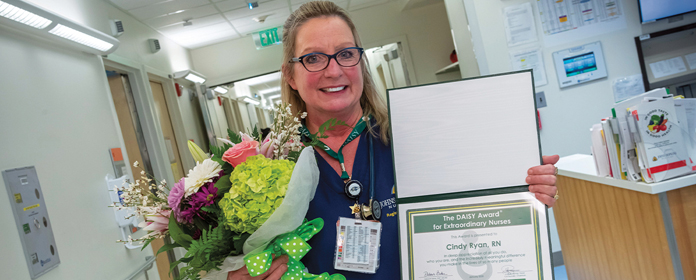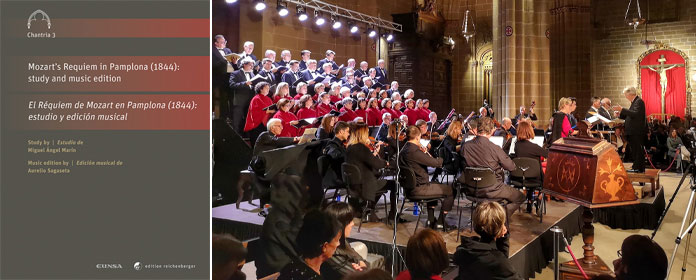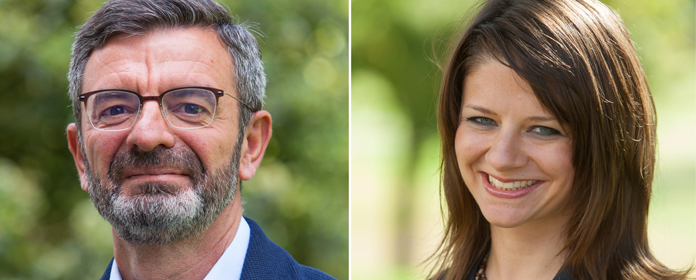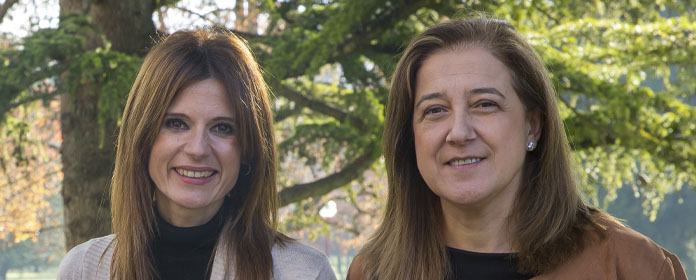The University participates in a research funded by the European Commission on palliative sedation.
The study aims to clarify what is meant by palliative sedation, understand the bioethical connotations of its use and establish appropriate clinical use in Europe.
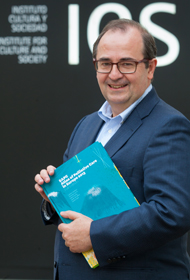
PHOTO: Manuel Castells
The University of Navarra participates in a project of research on palliative sedation that has received a subsidy from the European Commission in the framework of the 'Horizon 2020' program. The ATLANTES Program of the Institute for Culture and Society (ICS) of the academic center will develop it with other institutions in the Netherlands, Hungary, Belgium, Romania, Germany, United Kingdom and Italy, as well as with the association European Association for Palliative Care (EAPC).
This project aims to clarify what is meant by palliative sedation, to understand the bioethical connotations of its use and to establish an appropriate clinical use at the European level.
Carlos Centeno, researcher principal of the ATLANTES Program, assures that this clarification is necessary because "not everyone understands the same thing by palliative sedation, nor does everyone practice it in the sameway". "Is it reducing the level of consciousness or that the patient is unconscious? Is it reducing the level of consciousness just enough to keep the patient calm? Or is it this and at the same time the patient does not transmit suffering?" he asks.
Specifically, the ATLANTES team will develop the instructions of project: it will carry out an in-depth review of the existing literature on palliative sedation. In this way, it will propose, with a definition, what good sedation entails and means. "We must establish how to define good sedation," says Dr. Centeno, "because we must all use the same way of assessing in order to compare programs of study, centers and efficacy of drugs.
In addition, ATLANTES will coordinate a study with the aim of goal to know how sedation is practiced in eight countries in different areas of Europe. It will analyze comparative practices, legislation and the existence of clinical guidelines in the different countries.
A European multicenter projectRadboud University (The Netherlands) will be in charge of the coordination of project in which, in addition to the University of Navarra, also participate the University of Pecs (Hungary), the Catholic University of Leuven (Belgium), the Hospice Casa Sperantei (Romania), the University Hospital of the University of Bonn (Germany), the University of Lancaster (United Kingdom), the 'La MaddalenaS.p.a.' Care Center (Italy) and the European Association for Palliative Care (EAPC). (Italy) and the association European Association for Palliative Care (EAPC).
The researchers consider that there is currently a very negative image of palliative sedation, when it is confused with hastening death. However, they state that palliative sedation is always indicated to provide relief in cases of symptoms that are impossible to treat by ordinary means. "Although it is used in status final, it does not imply that the patient dies as a result of its application," points out Carlos Centeno.
The project will be developed over five years and will consist of seven phases. At its conclusion, the results will be disseminated through a MOOC (Massive Open Online Course) for health professionals and a congress, among other means.


